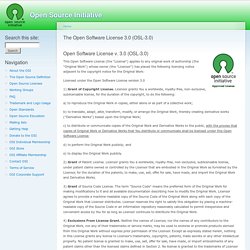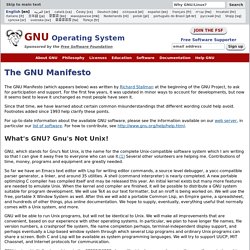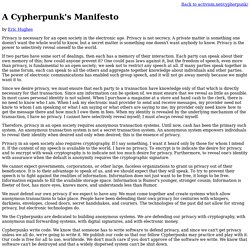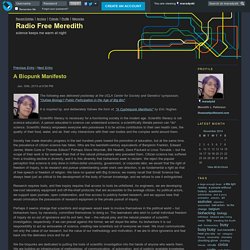

PLOS. Open Biology. ArXiv.org. National Center for Biotechnology Information. Data.gouv.fr. Données Publiques de Météo-France - Accueil. BOINC. Foldit. Cell slider. Electric sheep.
OpenHatch - Community tools for free and open source software. Wikimedia. Open wetware. Creative Commons. This work is licensed under the Creative Commons LICENSE_NAME License. To view a copy of this license, visit LICENSE_URL. We are currently testing a new version of the License Chooser. Please consider using the Chooser beta, and leave us feedback on how we can improve. Creative Commons is a non-profit organization.
We need your support to continue providing these tools. Lorem ipsum dolor sit amet... About earlier versions The most recent license version is 4.0, which can be used internationally. If your jurisdiction is not on this list, or if you want to use the latest version of the licenses instead of a ported license, you can return to the 4.0 license chooser. The most recent license version is 4.0, which can be used internationally. Allow adaptations of your work to be shared? Yes The licensor permits others to copy, distribute, display, and perform the work, as well as make and distribute derivative works based on it.
Yes, as long as others share alike No Allow commercial uses of your work? The Open Software License 3.0 (OSL-3.0) This Open Software License (the "License") applies to any original work of authorship (the "Original Work") whose owner (the "Licensor") has placed the following licensing notice adjacent to the copyright notice for the Original Work: Licensed under the Open Software License version 3.0 1) Grant of Copyright License.

Licensor grants You a worldwide, royalty-free, non-exclusive, sublicensable license, for the duration of the copyright, to do the following: a) to reproduce the Original Work in copies, either alone or as part of a collective work; Veni, Vidi, Libri. FossHub. Framasoft. AFUL: Logiciel libre et interoperabilite. Promouvoir et défendre le logiciel libre. Guide-libre-association-version-1.1.pdf. Solutions entreprises. L'Agenda du Libre. La Quadrature du Net. Keeping Knowledge Free for Over a Decade. Culture du LIBRE, OpenSource ღ. Prospective. The GNU Manifesto. The GNU Manifesto (which appears below) was written by Richard Stallman at the beginning of the GNU Project, to ask for participation and support.

For the first few years, it was updated in minor ways to account for developments, but now it seems best to leave it unchanged as most people have seen it. Since that time, we have learned about certain common misunderstandings that different wording could help avoid. Footnotes added since 1993 help clarify these points. For up-to-date information about the available GNU software, please see the information available on our web server, in particular our list of software. For how to contribute, see What's GNU? GNU, which stands for Gnu's Not Unix, is the name for the complete Unix-compatible software system which I am writing so that I can give it away free to everyone who can use it.(1) Several other volunteers are helping me. GNU will be able to run Unix programs, but will not be identical to Unix. Why I Must Write GNU How GNU Will Be Available.
A Cypherpunk's Manifesto. By Eric Hughes Privacy is necessary for an open society in the electronic age.

Privacy is not secrecy. A private matter is something one doesn't want the whole world to know, but a secret matter is something one doesn't want anybody to know. Privacy is the power to selectively reveal oneself to the world. If two parties have some sort of dealings, then each has a memory of their interaction. Since we desire privacy, we must ensure that each party to a transaction have knowledge only of that which is directly necessary for that transaction. Therefore, privacy in an open society requires anonymous transaction systems. Privacy in an open society also requires cryptography. We cannot expect governments, corporations, or other large, faceless organizations to grant us privacy out of their beneficence. We must defend our own privacy if we expect to have any. A Biopunk Manifesto. The following was delivered yesterday at the UCLA Center for Society and Genetics' symposium, "Outlaw Biology?

Public Participation in the Age of Big Bio". It is inspired by, and deliberately follows the form of, "A Cypherpunk Manifesto" by Eric Hughes. Scientific literacy is necessary for a functioning society in the modern age. Scientific literacy is not science education. A person educated in science can understand science; a scientifically literate person can *do* science. Society has made dramatic progress in the last hundred years toward the promotion of education, but at the same time, the prevalence of citizen science has fallen. Research requires tools, and free inquiry requires that access to tools be unfettered.
Perhaps it seems strange that scientists and engineers would seek to involve themselves in the political world -- but biohackers have, by necessity, committed themselves to doing so.